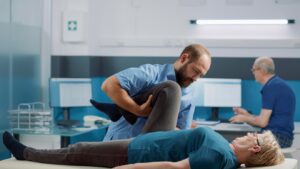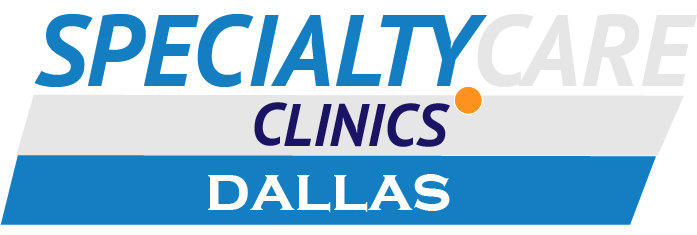Auto injuries often extend beyond immediate physical trauma, leaving individuals with chronic pain that significantly impacts their quality of life. From whiplash to back pain and nerve damage, these lingering issues require specialized care. Pain management clinics provide a multidisciplinary approach to tackle these challenges, helping individuals reclaim comfort and restore function.
Common Types of Pain After a Car Accident
- Whiplash: A common neck injury caused by sudden, forceful movements during a collision.
- Back Pain: Disc herniations, muscle strains, or spinal misalignment can cause ongoing back issues.
- Headaches and Migraines: Resulting from concussions or neck injuries.
- Joint Pain: Knees, shoulders, and hips can suffer damage during impact.
- Nerve Pain: Pinched nerves or nerve damage can cause radiating or shooting pain.
When Should You Seek Pain Management?
If you experience pain lasting more than a few weeks, it’s time to consider a pain management clinic. Delaying treatment can lead to chronic conditions and prolonged discomfort.

Why Choose a Pain Management Clinic for Auto Injuries?
The Impact of Auto Injuries
Auto accidents can cause a range of injuries, from whiplash and soft tissue damage to fractures and spinal injuries. These injuries often lead to persistent pain, making it difficult for individuals to perform daily activities. Pain management clinics focus on diagnosing and treating these conditions to help patients heal effectively.
Benefits of Specialized Pain Management
- Personalized Treatment Plans: Tailored to address the unique needs of each patient.
- Multidisciplinary Approach: Combining various therapies for holistic healing.
- Non-Invasive Options: Minimizing the need for surgery through advanced treatments.
- Emotional Support: Addressing the psychological impact of chronic pain.
Services Offered by Pain Management Clinics for Auto Injuries
Comprehensive Diagnostic Evaluations
Pain management clinics begin with a thorough assessment to identify the root cause of pain. This may include:
- Physical Examinations: Assessing mobility, strength, and pain levels.
- Imaging Tests: X-rays, MRIs, or CT scans to detect internal injuries.
- Neurological Assessments: Evaluating nerve function and potential damage.
Advanced Pain Relief Treatments
- Physical Therapy: Restoring mobility and strength through targeted exercises.
- Chiropractic Care: Aligning the spine and relieving pressure on nerves.
- Medication Management: Prescribing pain relievers, anti-inflammatories, or muscle relaxants.
- Injections: Corticosteroid or nerve block injections to reduce inflammation and pain.
Innovative Therapies
- Regenerative Medicine: Using platelet-rich plasma (PRP) or stem cell therapy to promote healing.
- Acupuncture: Stimulating pressure points to alleviate pain and improve energy flow.
- Massage Therapy: Relieving muscle tension and improving circulation.
Psychological Support
Chronic pain often takes a toll on mental health. Pain management clinics offer:
- Counseling: Helping patients cope with anxiety, depression, or PTSD.
- Mindfulness Techniques: Teaching relaxation and stress management strategies.
FAQs
1. What is a pain management clinic?
A pain management clinic specializes in diagnosing and treating chronic pain caused by conditions like auto injuries, using a combination of therapies and treatments.
2. How can a pain management clinic help with auto injuries?
These clinics offer personalized treatment plans, including physical therapy, chiropractic care, injections, and psychological support, to address pain and promote healing.
3. Are pain management treatments invasive?
Many treatments, such as physical therapy, acupuncture, and medication management, are non-invasive. Surgical options are considered only when necessary.
4. How long does it take to recover from an auto injury with pain management?
Recovery time varies depending on the severity of the injury and the treatment plan. Consistent care and follow-ups can speed up the healing process.
5. Can pain management clinics help with emotional trauma after an auto injury?
Yes, many clinics offer counseling and mindfulness techniques to help patients cope with the emotional impact of chronic pain and trauma.
Conclusion
Auto injuries can be physically and emotionally challenging, but pain management clinics offer hope and healing. With a focus on personalized care, advanced treatments, and holistic support, these clinics help patients recover and regain their quality of life. Whether you’re dealing with whiplash, spinal injuries, or chronic pain, a pain management clinic can provide the tools and expertise needed to move forward. Don’t let pain define your life – take the first step toward recovery today.
Contact our Pain management clinic for effective auto injury pain relief (469) 884-1975 or visit us https://sccdallas.co/
